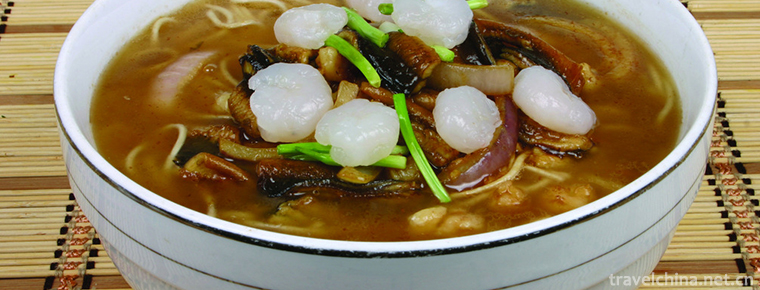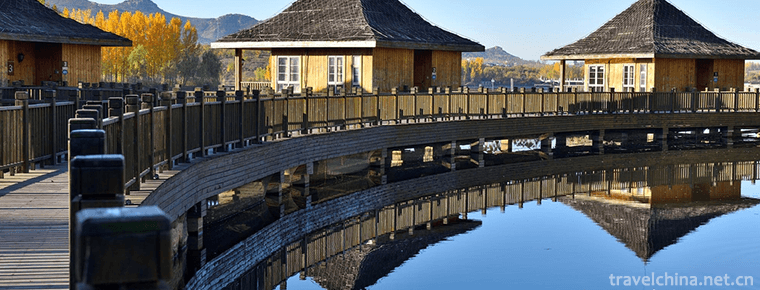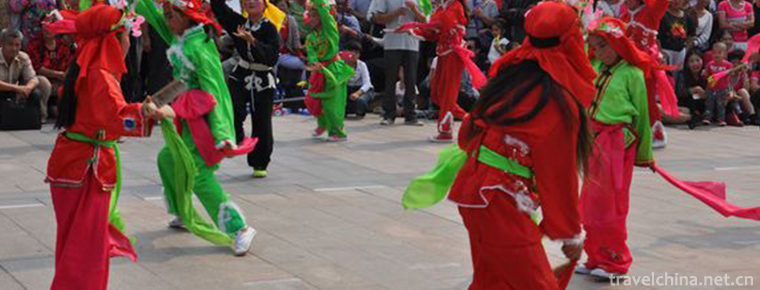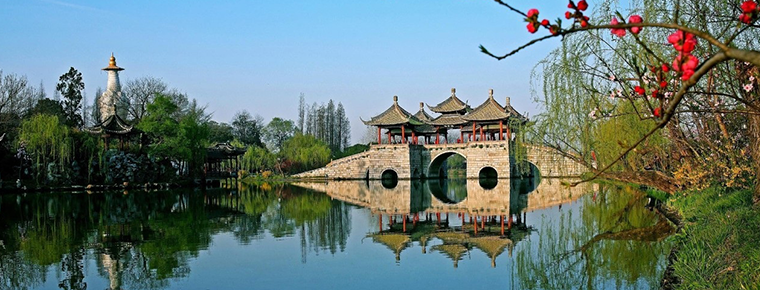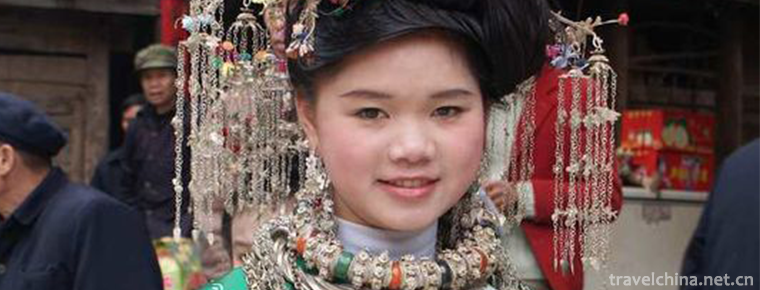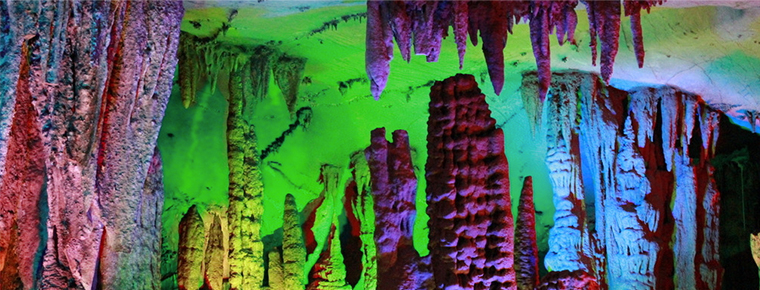Arirang
Arirang
Alirang, known as Alirang Daling, is a famous Korean song and the most representative folk song on the Korean Peninsula. It is known as the "First National Anthem" and "National Songs" of the Korean nation. It has different versions in different places, and the most common one is "Arirang in this tune", which is popular in the area of Gyeonggi Dao, Korea. This version is popular because it became the theme song of the 1926 film of the same name. It was later used as a live music for delegations of the Republic of Korea and the Democratic People's Republic of Korea during the 2000 Sydney Olympics.
In June 2011, Alirang was included in the national intangible cultural heritage list of the People's Republic of China.
At the seventh meeting of the Intergovernmental Committee for the Protection of Intangible Cultural Heritage, held in Paris on 5 December 2012, UNESCO decided to include Arirang in the list of intangible cultural heritage of mankind.
Background of songs
Song story
Arirang is a love story handed down from the Koryo period.
Perhaps the plot is a loving young couple, living a hard life, the husband wants his wife to live a good life, want to go out to work to earn money, but the wife refused to let, said that as long as they stay together she would be satisfied, but the husband did not think so, one night quietly left. The wife is very beautiful, and all the villages are famous. After her husband left, the ruffians in the village harassed her and asked her to remarry. She refused, but the ruffians always harassed her. A year later, the husband came back from earning money. The husband and wife were happy. The ruffians came again. There was also gossip about wives and ruffians in the village. The husband became suspicious and thought that his wife was not faithful and would leave again. The wife could not explain it. The husband left. The wife chased after him and sang when she couldn't catch up with him. The content of the song is probably about how the husband cares about, misses, wrongs and so on. My wife sang this passage is "My Langjun", that is, Arirang, and finally her sincerity melted the husband's cold heart, the couple love as before, they left their hometown to live a happy life in the capital. Later, the story and song of Ali Lang spread and became a representative classic music card of the Korean nation. No matter where in the world, as long as there are Korean people, Ali Lang will be known as the Korean nationality by singing Ali Lang.
During the period of Japanese rule, the Koreans launched an uprising under the name of Alirang. The Japanese found out that whoever sang Alirang would kill him. But killing ten people to sing, killing ten hundred people to sing, killing a hundred thousand people to sing again, the more they sing, the Japanese have to stop.
Textual research
The origin of Alirang Opera is said to be Yan Ying, the wife of Pak He, the ancestor of New Luo, who lived in the world and was renamed "Alirang". It was created by the native Qude. Or the Alirang tune, which is imitated after playing the Korean flute for a long time. Among them, the legend of Mercy Hill is more trustworthy.
The Mercy Ridge (now known as Qiling, in Huanghai Hokkaido, Huangzhou, Korea Peninsula) exists on the map of the Korean Peninsula today. When Emperor Wudi of Han Dynasty set up four counties on the Korean Peninsula, the northern nationalities of the mainland began to migrate across the river because of oppression. These emigrants who have left their homeland are lamenting in Ciling, Guanzhi, North Passage. Many old and weak women and children are dying of illness. In this exile, Ali Lang Qu spread to the middle of the Korean Peninsula, expressing the pain of immigrants'hearts, after climbing mountains and crossing mountains, Ali Lang Qu was spread to the middle of the Korean Peninsula. Historians believe that these foreign nationalities regarded by the Han people as Dongyi are ancient Korean nationalities, and Arirang is the onomatopoeia of the Korean ancient language "Lelang".
There is also a widely circulated saying that "Alirang" means "I am deaf". In the 19th century, the emperor of Xingxuan Grand Court was in power, and civil engineering was greatly promoted to rebuild Jingfu Palace. In order to rebuild this luxurious palace, the Court seized and plundered from the people, imposed heavy taxes such as "willing to pay money" and forced corvee, so that the whole Korean people were not bored. People say angrily, "It's better to be deaf than deaf. It's quiet to be deaf!" Thus, the civilian husband who was dragged to serve compiled the ballad "My Deafness", expressing the sadness in his heart, and later evolved into "Alirang". It is also said that the background is the reign of the monarch of the courtyard and the restoration of Jingfu Palace, but the difference is that Arirang originated from "I left my mother", which is the ballad of the people who were dragged to rebuild Jingfu Palace missing their mother.
There are many versions of Arirang, whose lyrics vary slightly according to different places in the Korean Peninsula. But in Korean, Arirang is not a person's name, but a place name. Some people think it's a mountain's name, but they can't prove where it is. Alilangqu in different places, though not the same, shows the perseverance and perseverance of ancient women.
Song appreciation
This "Arirang" narrates a Korean girl's yearning for her husband and her desire for love. The melody is euphemistic and lyrical, and the rhythm is light and smooth. The whole song is composed of two phrases, the upper and the lower, and repeats with changes. It is composed of double sentences with a chorus. "Arirang" is a 3/4 beat, sub-tone palace-style melody. Mood slightly sad, is a representative Korean folk song.
The folk song "Arirang" is divided into two parts, the melody of which often takes the form of surround but little big jump, and is a common progressive way, reflecting the repetition and reproduction of rhythm, showing the dignity, elegance and delicacy of Korean folk songs. But Korean folk songs are full of passion. That is the five-degree upward jump and rhythmic transformation between the eight and nine sub-sections, forming the climax of the whole song. After two bars, it goes down continuously until the lowest tone of the whole tune, and the first part of the first part of the tune appears. Make music calm and implicit after an exciting and brief catharsis. This is a folk song (a, a1) in which two big phrases change and repeat.
Pass through
Arirang is a popular song on the Korean Peninsula. It was gradually popular in the late Korean Dynasty, but it was generally defined as "gorgeous song" or "barren sound" by the society, and its status is not very high, especially for Confucian scholar-bureaucrats. Historically, Gaozong of Korea liked to listen to Alirang very much, playing it to him every night in the palace. There are more than 30 versions of Alirang on the Korean Peninsula. In addition to Peishan Alirang, Yongchuan Alirang, Miyang Alirang, Zhendao Alirang, Gaocheng Alirang, Jiangnan Alirang, Duanchuan Alirang, Ping'an Alirang and so on, among which Peishan Alirang is the most popular. For its fame, it ranks second only to Alirang in this tune. In the period of Japanese colonial rule (1910-1945), especially after the film "Alirang" produced by Luo Yunkui came out in 1926, Alirang began to be valued as a Korean folk song and gradually finalized. So far, Arirang bears the national consciousness of the Korean nation and is praised as the "first national anthem" and "national song" of the Korean nation.
In modern times, "Arirang" began to be displayed on the international stage as a brand image of the Korean nation. The Democratic People's Republic of Korea (DPRK/DPRK) holds the "Arirang Festival" every year to show the national image of DPRK (DPRK/DPRK) through the large-scale artistic performance "Arirang".
Song influence
At the 2000 Sydney Olympic Games, Arirang became the entrance music for the delegations of the Democratic People's Republic of Korea and the Republic of Korea to enter the stadium together.
In June 2011, the State Council of the People's Republic of China designated Alirang as the national intangible cultural heritage.
On December 5, 2012, UNESCO included the Korean traditional ballad Arirang in the list of intangible cultural heritage of mankind.
On July 14, 2015, the Korea Cultural Finance Department said that in order to designate the ballad "Arirang" as an important intangible cultural heritage, the Department began to seek advice from the community.
On February 9, 2018, the Korean and Korean delegations of the 23rd Pyongchang Winter Olympic Games jointly entered the venue, where the Korean folk song "Arirang" was sounded.

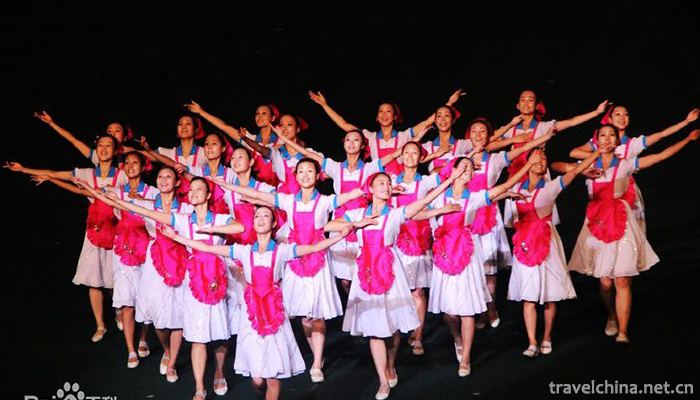
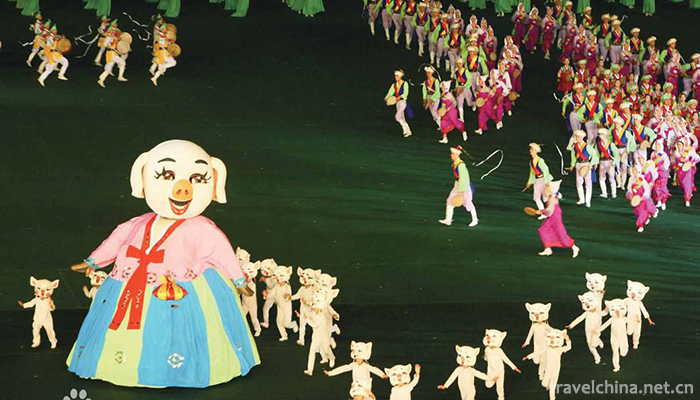
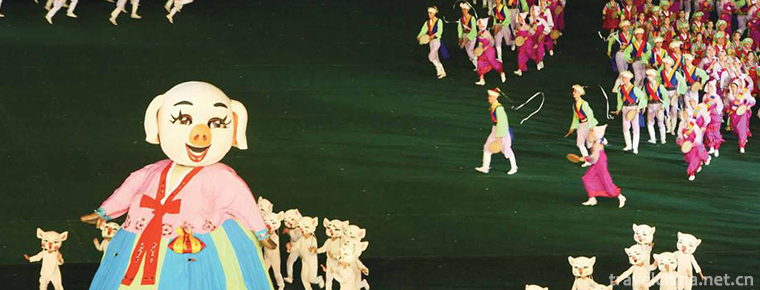
Arirang
-
Noodles with quickfried eel shreds and shelled shrimps
Shrimp fried eel noodles is a famous traditional food in Kui yuan hall, Hangzhou City, Zhejiang province. When the shrimp is cooked with fried eel noodles, select the strong fresh eel,
Views: 212 Time 2018-10-27 -
WeChat
WeChat is a free application that Tencent launched on January 21, 2011 to provide instant messaging services for intelligent terminals
Views: 201 Time 2018-11-13 -
Eco health Tourism Resort in Sishui Shandong Province
"Shandong Sishui Violent Eco-health Tourism Resort" is a pioneer in China, which combines superior ecological environment, long-standing health culture and modern leisure and vacation indust
Views: 233 Time 2019-02-13 -
Ginseng Chicken Hotpot
Wash ginseng, boil it in a little water, take out slices, and cook it in the original pot for 15 minutes. Still soak it in the original soup. All the above ingredients except hen nuggets and ginseng s
Views: 262 Time 2019-03-24 -
Cangzhou Lazi
Cangzhou Laozi is a traditional folk dance with strong local characteristics in the central area of Hebei Province. Laozi is one of the representative folk dances in Hebei Province.
Views: 183 Time 2019-04-04 -
Landscape Architecture in Yangzhou
Yangzhou gardens began in the Western Han Dynasty, flourished in the Sui and Tang Dynasties, matured in the Song and Ming Dynasties, and flourished in the Qianlong Period of the Qing Dynasty.
Views: 171 Time 2019-04-21 -
Dong minority clothing
Dong women's clothes vary in various styles, styles, decorative parts, patterns, hairstyles and handkerchiefs. They usually wear casual clothes, pay attention to practical use
Views: 554 Time 2019-04-28 -
Two clip string
Two chords, also known as the "big five tones" by the masses. One of the traditional Chinese operas. It is mainly popular in Western Shandong, Eastern and Northern Henan,
Views: 141 Time 2019-04-28 -
The Legend of Shun
Shun was born in Zhufeng Village, Yongji County. His surname is Yao and his name is Chonghua because of his double pupils. Soon after his mother gave birth, he died. His father married a stepmother an
Views: 144 Time 2019-06-16 -
Sichuan Agricultural University
Sichuan Agricultural University is a national "211 Project" with the characteristics of biotechnology, the advantages of agricultural science and technology, and the coordinated development
Views: 420 Time 2019-08-31 -
Longtan Karst Cave Scenic Spot
Longtan Karst Cave Scenic Area is located at the foot of longcuban mountain, Miyi Baima Town, Panzhihua City, Sichuan Province, with an altitude of 1500 meters. It is a provincial-level scenic spot and a national AA level tourist area.
Views: 132 Time 2020-10-15 -
Mianyang scenic spots
Mianyang City is a famous historical and cultural city in Sichuan Province, the main node of the dajiuzhai international tourism circle and the Three Kingdoms Shu Road culture international tourism line. It has a 5A level scenic area of "Beichuan Qiang city tourism area"
Views: 94 Time 2020-12-14
